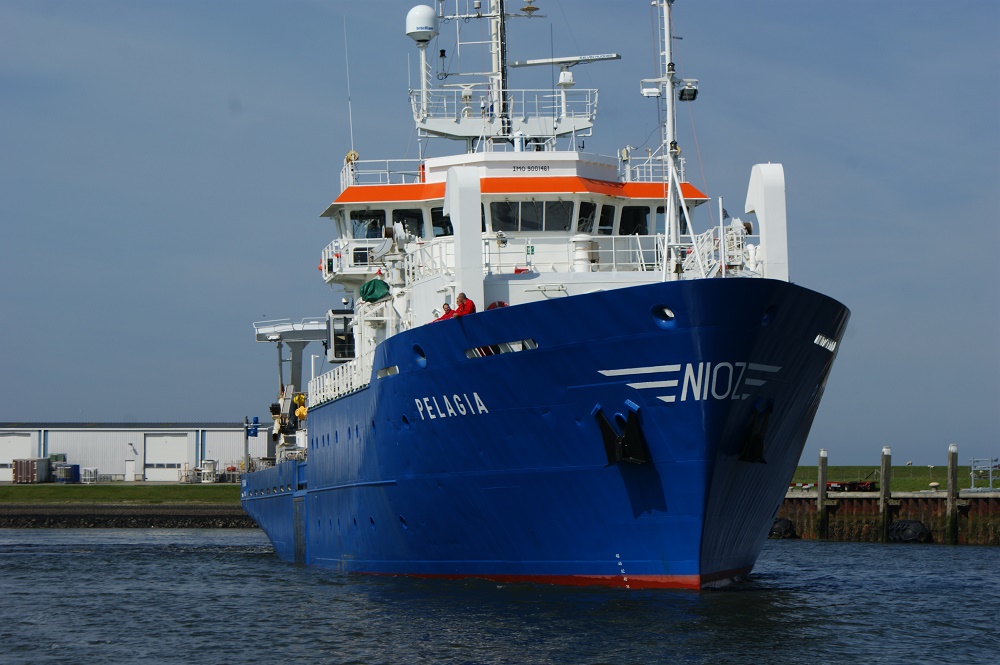
Before embarking on a global ocean research expedition, the research vessel Pelagia of the Royal Netherlands Institute of Sea Research NIOZ needed a retrofit of her obsolete deep-sea winch drive system. This winch has a vital role in placing crucial research equipment into the sea at great depths. Therefore, NIOZ decided to improve the reliability of the deep-sea winch drive system before the expedition that was to begin in just a few months. To ensure that the expedition could start as scheduled, NIOZ awarded this time-challenging project to Bakker Sliedrecht.
Increasing the reliability of the deep see winch
To improve the reliability of the containerized deep-sea winch drive system, Bakker Sliedrecht replaced the obsolete Allen-Bradley drive system with an ABB ACS 880 air-cooled drive system. The new drive system had to be placed in the existing cabinets of the obsolete drive system. To fit these dimensions, Bakker Sliedrecht had to be creative and engineered mechanical adjustments on the spot to fit the available space.
The control unit of the deep-sea winch drive system was modified to work with the retrofitted drive system. Bakker Sliedrecht created a tailor-made interface to enable communication between the ABB drive modules and the Allen-Bradley PLC. Furthermore, the obsolete coax control net industrial bus connection was replaced with a modern Ethernet connection to ensure its maintainability.
Commissioning the deep sea winch
A special set-up was made by NIOZ to test and commission the retrofitted drive system. To simulate deep-sea circumstances, load was placed in a mobile crane. In this way, circumstances as changing currents were replicated realistically. The retrofitted drive system performed great during the commissioning; minor adjustments were made to make the deep-sea winch perform even better.
Thomas de Greef, Head of National Marine Research Facilities at NIOZ: “We are very pleased with the effort that Bakker Sliedrecht put into retrofitting the deep-sea drive system of the Pelagia. Their willingness to get the project done contributed to the timely start of the ocean research expedition.”